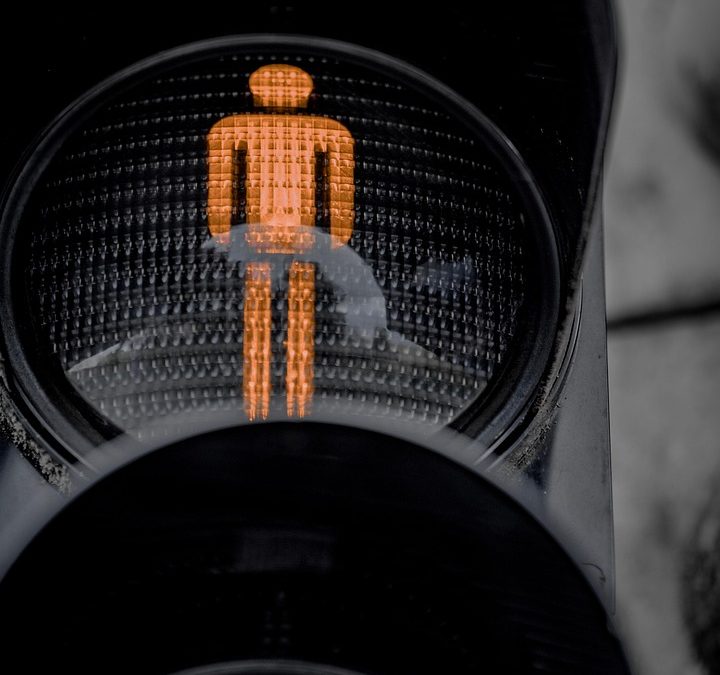As you’re driving, you’re pulled over by a police officer. The officer asks to search your vehicle, but you’re not sure why. It’s essential to know that, under the Fourth Amendment, police need probable cause to search your vehicle. But what does that really mean, and how can you navigate this situation safely and assert your rights?
Understanding Probable Cause
Probable cause means that the officer has reasonable grounds to believe that a crime has been, is being, or is about to be committed, and that evidence of that crime is likely to be found in your vehicle. This standard is higher than “reasonable suspicion,” which is the basis for a traffic stop. To justify a search, the officer must have specific, articulable facts that support their suspicion, not just a hunch.
What to Do (and Not Do) During a Vehicle Stop
- Stay calm and polite: Avoid arguing or being confrontational, as this can escalate the situation.
- Ask for clarification: You can ask the officer why you were pulled over and what they are looking for.
- Don’t give consent: If the officer asks for permission to search your vehicle, you can refuse. You can say, “I don’t consent to a search.”
- Don’t resist or obstruct: If the officer has probable cause to search your vehicle, it’s essential to comply with their instructions.
The right of the people to be secure in their persons, houses, papers, and effects, against unreasonable searches and seizures, shall not be violated, and no Warrants shall issue, but upon probable cause, supported by Oath or affirmation, and particularly describing the place to be searched, and the persons or things to be seized.
Remember, Safety Comes First
The right of the people to be secure in their persons, houses, papers, and effects, against unreasonable searches and seizures, shall not be violated, and no Warrants shall issue, but upon probable cause, supported by Oath or affirmation, and particularly describing the place to be searched, and the persons or things to be seized.
While it’s crucial to assert your rights, it’s equally important to prioritize safety. If you’re unsure about what to do or feel threatened, try to stay calm and follow the officer’s instructions. Remember that you can always ask for a lawyer or to remain silent, as protected by the Miranda warning.
Empower yourself with knowledge of your rights and local laws. Stay informed, stay calm, and remember that you have the right to be safe and respected during police interactions.
The information at Observed.Org may not pertain to every jurisdiction. It is YOUR responsibility to know your rights and observe them. Nothing here should be considered legal advice.

